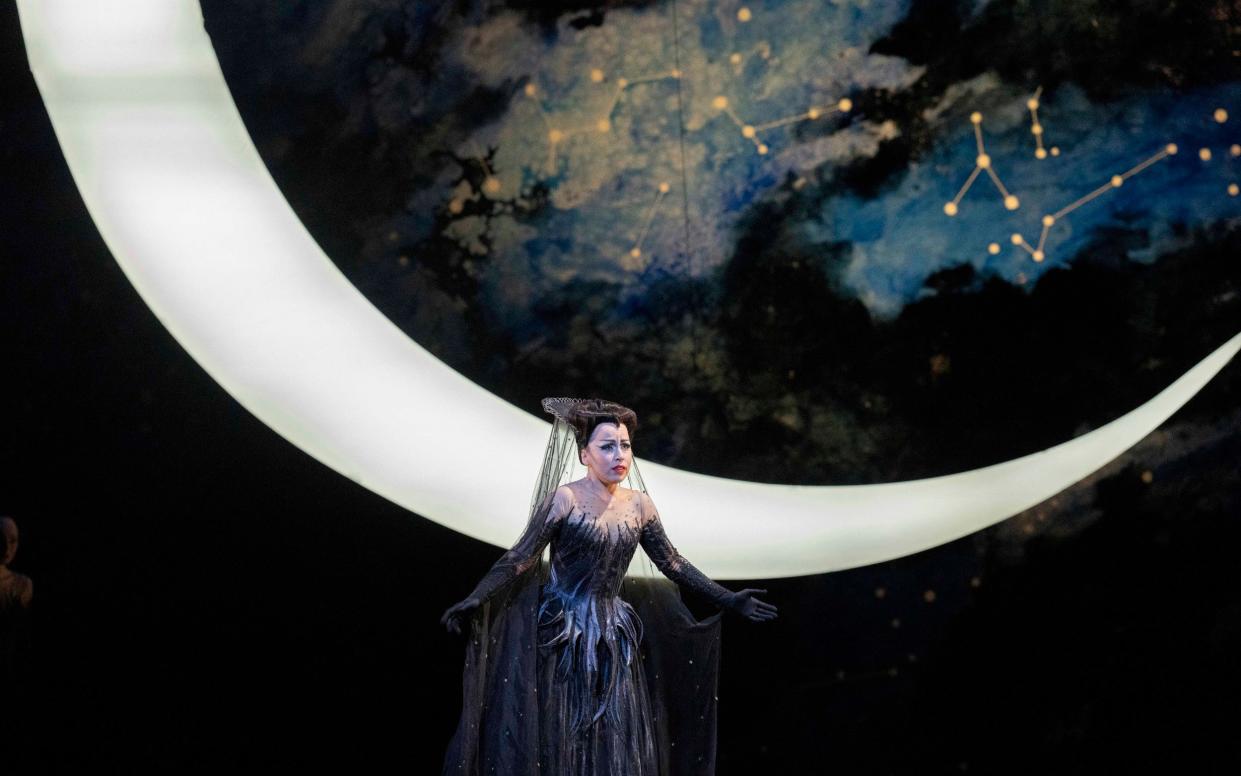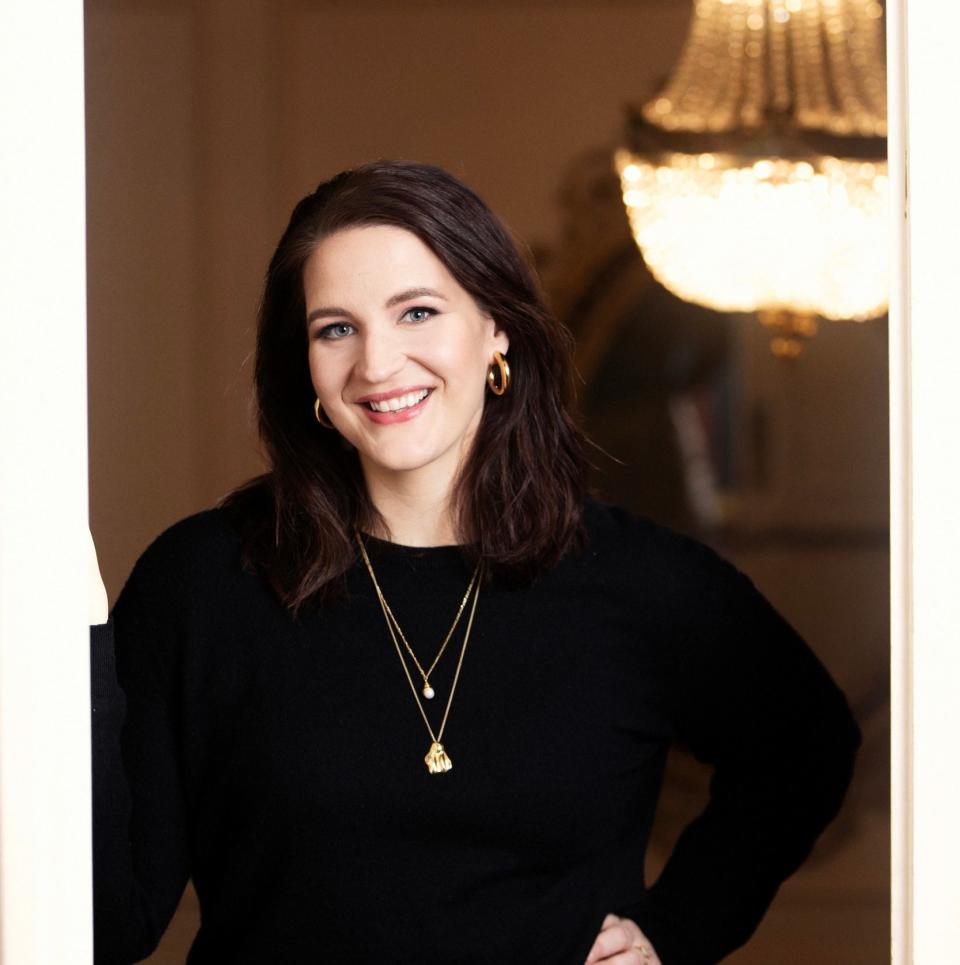Royal Opera House cuts ties with BP following activist pressure

The Royal Opera House has been forced to end its sponsorship deal with BP after more than three decades following pressure from climate activists.
The oil giant has sponsored the Royal Opera House (ROH), which is based in London’s Covent Garden, since 1988, but has been oil giant, accused of “artwashing” its environmental impact through donations to cultural projects.
However, the organisation said the deal had not been extended beyond December 2022, when its most recent contract came to an end.
A spokesman for the ROH said: “We are grateful to BP for their sponsorship over 33 years which has enabled thousands around the country to see free opera and ballet through our BP Big Screens.
“Over the last three years, BP’s support has focused on sustainability initiatives, supporting the Royal Opera House’s recovery post-pandemic and supporting our drive towards net zero.
“We would like to thank BP for their support, but agreed that the partnership would not extend beyond December 2022, when BP’s contract came to an end.”
The ROH is the latest art and culture institution to cut ties with BP, following in the footsteps of the Royal Shakespeare Company, National Portrait Gallery, Tate galleries and Scottish Ballet.
The BFI, National Gallery and National Theatre have also rejected sponsorship by the oil and gas industry.
The decision by the ROH will pile more pressure on the British Museum, which is nearing the end of its five-year deal with BP. It is yet to say whether it will renew the contract.
The Science Museum has also refused to end its association with Shell, despite long-running protests.
The ROH’s decision marks a victory for environmental activists, who have been calling for the institution, which dates back to 1732, to cut ties with the fossil fuel industry for years.
In 2019, more than 200 composers and musicians wrote to London Mayor Sadiq Khan urging him to block BP’s branding of the ROH’s outdoor screening events, while Extinction Rebellion protesters staged a “die-in” at one of the screenings.
Chris Garrard, a composer and head of campaign group Culture Unstained, said: “What we are witnessing is a seismic shift, a near wholesale rejection across the arts of BP’s brand and the climate-wrecking business it represents.
“By bringing down the curtain on fossil fuel funding, the Royal Opera House can now play a leading role in creating the culture beyond oil we so urgently need.”
A BP spokesman said: “We’re proud to have supported the Royal Opera House for more than three decades.
“Over that time, BP Big Screens brought world-class opera and ballet performances free to thousands of people across the UK, and more recently we have supported some of the ROH’s sustainability initiatives.
“As our partnership agreement came to an end at the end of last year, we wish the Royal Opera House every success for the future.”
The split with BP comes despite a controversial Arts Council settlement which has seen budgets for opera companies slashed, with the Royal Opera House losing around 10% of its grant funding.

In the face of cuts, the company has secured the services of eminent soprano Lise Davidson, who is returning to the Opera House for the first time since 2019, when she starred in Beethoven’s Fidelio.
The Norwegian singer will star as Elisabeth in a new production of Richard Wagner’s Tannhäuser.
Speaking to The Daily Telegraph, she encouraged opera sceptics to buy tickets, saying that the artform should not just be for "rich people or the classical nerds."
She has also admitted sometimes being “bored" while watching operas and even falling asleep.
"But then there will be moments where I cry, where it can feel like nothing else," she said.

